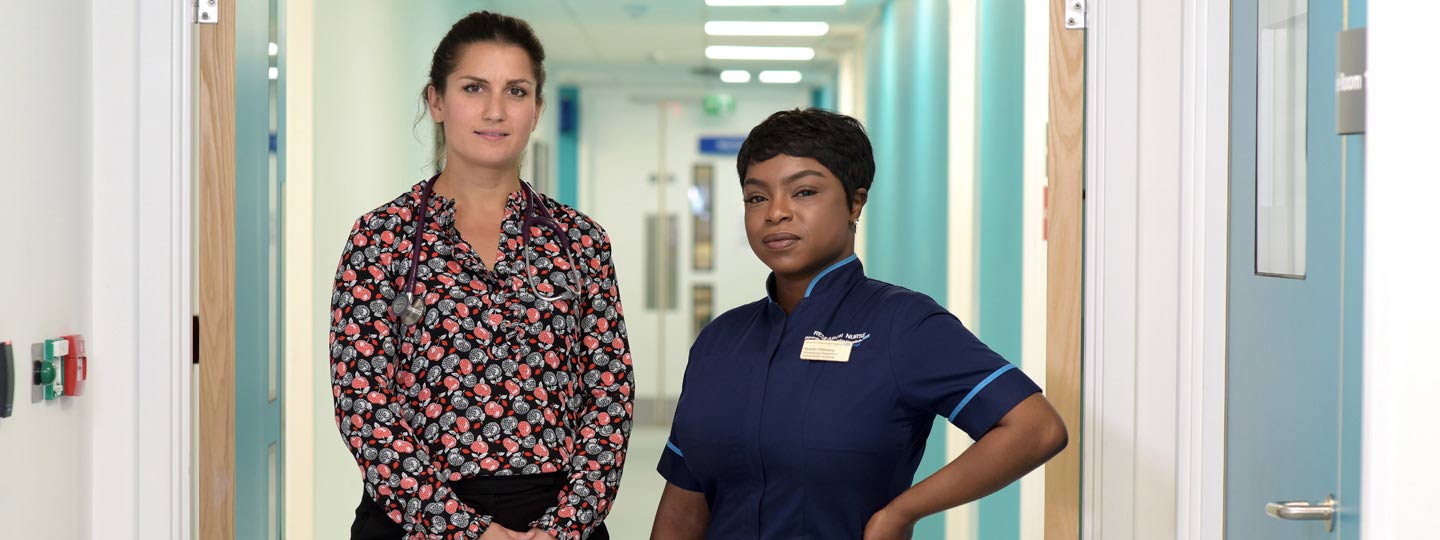The NHS Ten Year Health Plan for England
23 July 2025
The Ten Year Health Plan for England was published on 3 July. Read the Ten Year Health plan in full on the NHS website.
Three fundamental shifts
As anticipated, the Plan outlines three fundamental shifts for the health service:
- Moving from a sickness model to a prevention model.
- Moving care from hospitals to local communities.
- Realising the potential of digital technology.
While we welcome the Plan’s vision and ambition, it is light on delivery and implementation. You can read our initial response to the Plan.
In our submission to the Ten Year Health Plan, Versus Arthritis called for the inclusion of MSK health in the NHS Health check, for permanent and sustainable MSK leadership in the NHS and for MSK clinical leadership in every local health system, and for all front-line health and care staff to be offered short accredited training courses to support and diagnose people with MSK conditions in the community. Crucially, we called for a dedicated MSK strategy to sit alongside the Ten Year Health plan and offered our expertise to shape such a strategy.
What's in the Plan?
The Government’s vision is to move from a sickness service to a prevention health service. In the early stages of this Plan, prevention will be tackled in 3 ways: vaccination, early diagnosis and population screening. The Plan does set out visions for prevention with a focus on creating a smoke free generation, ending the obesity epidemic, weight management services, physical activity, and employment and good work. This is positive news for people living with arthritis or other long term health conditions who rely on these services to help manage their condition.
At least £400 million of investment will go into local community sport facilities, new partnerships on school sport, and local health plans. Employment advisers and work coaches will be integrated into the neighbourhood health services, so that working age people with long-term health conditions have an integrated public service offer. A patient’s employment goals will be part of care plans, to support more joined up service provision. Plus, the NHS digital weight management programme is expanding to 125,000 more people per year.
In the move from analogue to digital, the main focus is on the NHS app. The Government plans for the app to be a ‘full front door to the entire NHS’ by 2028. Patients will be able to manage their care digitally by booking and changing appointments and discussing their care through the app. The Single Patient Record (SPR) will facilitate a more coordinated, personalised and predictive care model of the Neighbourhood Health Service.
In the shift from hospital to community, the Plan is ambitious - a neighbourhood health centre will be established in every community, beginning with places where healthy life expectancy is lowest, becoming a ‘one stop shop’ for patient care and the place from which multidisciplinary teams operate. Neighbourhood health centres will be open at least 12 hours a day and 6 days a week. The NHS will be expected to test new delivery models for secondary prevention through the Neighbourhood Health Service. These new ‘Prevention Accelerators’ will initially run in selected Integrated Care Boards (ICBs) and will focus on community-led methods to tackle variation in uptake of high impact cardiovascular disease and diabetes interventions.
Over the course of this Plan, the share of expenditure on hospital care will fall, with proportionally greater investment in out-of-hospital care. Neighbourhood health services can bring together primary, community and acute care, plus, other services such as hospice care, social care, rehabilitation, recovery and frailty prevention. We especially welcome the focus on supporting people to be active participants in their own care by ensuring people with complex needs have an agreed care plan by 2027.
What happens next?
Following the publication of the Plan, the Government further announced the first steps in the rollout of the neighbourhood health services. From September, the initial 42 sites will start delivering their neighbourhood health programmes, with clear guidance, support and metrics to report on regularly. If healthcare practitioners in our networks are involved in neighbourhood health programmes and require information or guidance, please get in touch with: ProfessionalEngagement@VersusArthritis.org
A refreshed workforce plan will also be published later this year and will focus on expanding skills and using technology to free up staff time. Versus Arthritis will closely monitor what’s in the workforce plan and share any relevant updates with our community.
At Versus Arthritis we will continue to call for a MSK Action Plan, or more likely a MSK National Service Framework, to ensure MSK becomes a national priority. We will continue to work with health leaders and others in our sector to make arthritis a priority in every local area.